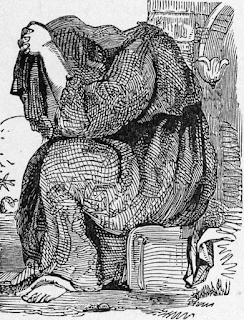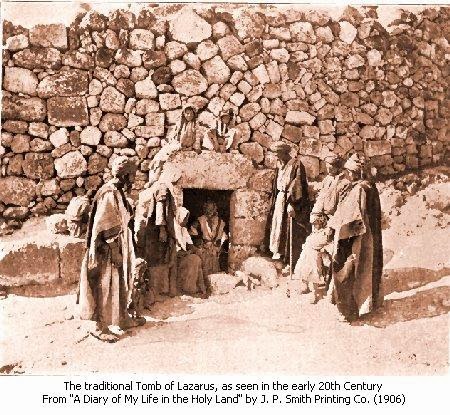TO CHEW ON: "Out of the depths I have cried to You O Lord,
Lord, hear my voice!" Psalm 130:1-2a
In January 2018 it was eleven years since my brother went to the doctor about his morning headaches. The doc soon found the cause — high blood pressure, which led to a diagnosis of kidney failure, which led to the discovery of the real culprit, a tumour, the advancing tentacles of which had choked that poor kidney.
Surgery, radiation, prayer, and hope followed. But in the intervening time it became clear that that malignant tumour would not be denied. After a time in palliative care in the summer of 2010, my brother was sent home. There his nurse-wife looked after him in his own private hospice.* Her email update from early 2011 is a modern incarnation of the Psalm 130 experience. Here are some snatches:
"...anticipation and hope is replaced by a reality that continues to wear you down and break your heart 100 times a day.... Sometimes I feel that we have entered into a 'twilight zone,' where all the old expectations and normal pleasures have been tossed aside, and we are left to grapple with a whole new set of circumstances and rules.... This is the valley of the shadow of death..."
Psalm 130 is a psalm written by a sufferer for sufferers. Eugene Peterson in his book A Long Obedience in he Same Direction
"Such are the two great realities of Psalm 130: suffering is real; God is real.... We accept suffering; we believe in God. The acceptance and the belief both emerge out of those times when 'the bottom has fallen out' of our lives" p. 142.
Thankfully it doesn't end there.
"But there is more than a description of reality here, there is a procedure for participating in it. The program is given in two words: wait and watch. The words at the centre of the psalm: 'I pray to God — my life a prayer — and wait for what he'll say and do. My life's on the line before God, my Lord, waiting and watching till morning, waiting and watching till morning.' Wait and watch add up to hope" - p. 142.
PRAYER: Dear God, help me to be realistic about suffering. May my faith in You be unshaken by it. And help me to be a companion in waiting and watching with those who are suffering now. Amen.
PSALM TO PRAY: Psalm 130
MORE: Notes from the furnace
My sister-in-law ended her January update in 2011 with this testimony: "....we are not without peace and gratitude. Sorrow and peace can go hand in hand, I have discovered."
Then this quote:
"Shining is always costly. Light comes only at the cost of that which produces it. An unlit candle does no shining. Burning must come before shining. We cannot be of great use to others without cost to ourselves. Burning suggests suffering. We shrink from pain. We are apt to feel that we are doing the greatest good in the world when we are strong, and able for active duty, and when the heart and hands are full of kindly service. When we are called aside and can only suffer; when we are sick; when we are consumed with pain; when all our activities have been dropped, we feel that we are no longer of use, that we are not doing anything.
But, if we are patient and submissive, it is almost certain that we are a greater blessing to the world in our time of suffering and pain than we were in the days when we thought we were doing the most of our work. We are burning now, and shining because we are burning. The glory of tomorrow is rooted in the drudgery of today. Many want the glory without the cross, the shining without the burning, but crucifixion comes before coronation." - from Streams in the Desert by Mrs. Charles E. Cowman
*UPDATE: I initially wrote this devotion on January 25th, 2011. My brother died that evening.
**************
Unless otherwise noted all Scripture quotations are taken from the New King James Version®. Copyright © 1982 by Thomas Nelson, Inc. Used by permission. All rights reserved.



















